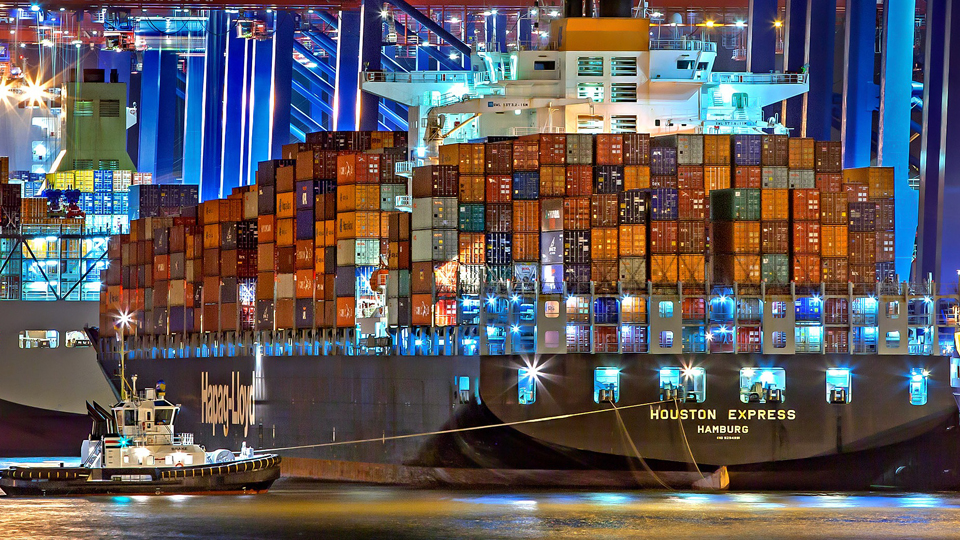Supply Chain Hinges on China Omicron Response
Subscriber Benefit
As a subscriber you can listen to articles at work, in the car, or while you work out. Subscribe Now
As the U.S. approaches its third year of economic uncertainty because of the pandemic, the senior associate dean at the Krannert School of Management at Purdue University says China’s response to the latest COVID variant could have lingering impacts on the supply chain. China locked-down areas of the country as the Omicron variant quickly spread. Professor Ananth Iyer says the shutdown impacts worker availability and, by extension, product variability.
“It’s also affected demand in sporadic ways,” Iyer said in an interview with the Associated Press. “These things create costs. And the costs manifest themselves in terms of reduced availability, because you’re not willing to bear the cost. Or they manifest themselves in terms of lower margins for companies.”
Iyer says as China prepares to host the 2022 Winter Olympics in about two weeks, the nation took further drastic steps to keep workers home to control the spread of the disease.

He says many U.S. businesses are forced to choose between reducing the variety of products they offer or declare that they are out of stock.
“All of these other stresses that are being faced, which causes companies to either decrease variety and focuses on high volume products, or basically declare stockouts,” said Iyer.
The Purdue professor says the Chinese New Year is also playing a role in U.S. companies being able to access goods. He says many companies tend to build-up their stocks because of the Chinese holiday, which falls on February 1 this year. The celebration, also known as the Lunar New Year, is also celebrated in other Asian countries.
“Because of the Chinese New Year’s period during which many companies are shut down, my guess is we’ll see an effect on the companies but perhaps delayed because they would already have built up stocks,” explained Iyer. “The question is how long these lockdowns would last? And how many regions of the country would be affected?”
On inflation, Iyer says that rising prices might be mitigated so long as major industries remain competitive. The more competitive the industry, the more likely that firms will absorb the hit rather than pass that cost along to consumers.
“My guess is that these inflationary pressures would sort themselves out. Of course, it’s all a function of the future flow of how this virus will unfold. I’m hoping that as more people get vaccinated and cost decrease with respect to the variability of supply, that this this would hopefully sort itself out sooner rather than later.”
In an interview with the Associated Press, Iyer explains how the global supply chain hinges on the Chinese response to the Omicron variant.
